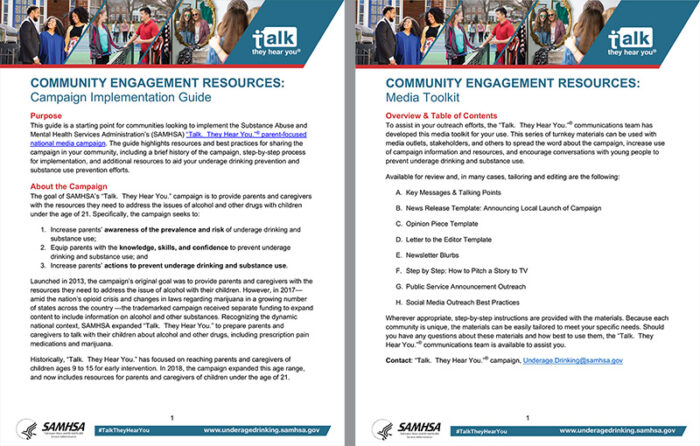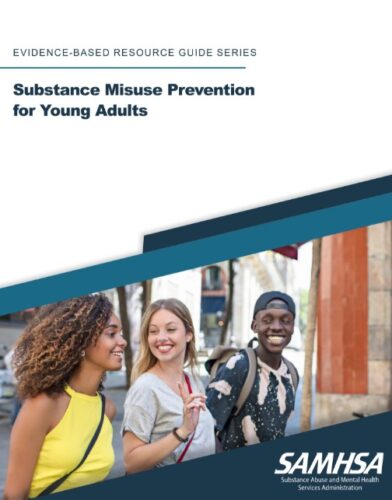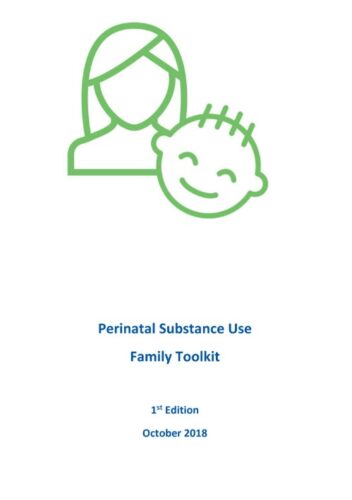Effective Date of This Revision: July 1, 2017
Contact:Divisional Director 310-679-9126
Applies to:
- Officers
- Other agents
- Staff
- Visitors
- Student clinicians
- Contractors
- Volunteers
- Subcontractors / Business Associates
PURPOSE:
To outline the core program description and specific policies and procedures for services provided to adolescents in BHS Behavioral Health programs.
POLICY:
Program Description
BHS provides outpatient substance abuse treatment and mental health services to adolescents age 12 to 18. Adolescent treatment services include assessment, treatment planning, alcohol and other drug education, group and individual and family counseling and social/recreational activities. Program activities are provided after school hours and on Saturdays. The adolescent substance abuse treatment services are geared toward both adolescents identified as high risk for substance abuse and adolescents who have already developed patterns of abuse or addiction.
Mental health services are provided for adolescents with co-occurring substance abuse and for adolescents eligible for Early Periodic Screening, Diagnosis and Treatment (EPSDT) under the California Medi-Cal program.
Adolescents in California may admit themselves to drug abuse treatment or mental health services at the age of 12 without their parents’ consent. It is the position of BHS that family involvement is critical in the success of adolescents in treatment. Every attempt will be made to educate the adolescent to this fact and obtain the patient’s authorization to involve their parents in the treatment plan.
Program Goals and Objectives
| Type of Indicator |
Goals & Objectives |
| Access |
Minimize time between eligible individuals’ first contact with the program and date of admission. |
| Efficiency |
Maximize number of persons who complete BHS treatment as measured by BHS Client Summary Report. |
| Effectiveness |
Minimize instance of substance abuse as measured by % of persons who report frequent (daily to 3x weekly alcohol/drug use before and after treatment. |
| Satisfaction |
Maximize satisfaction with BHS adolescent services |
PROCEDURES:
Special Population Mechanisms
- Many staff members speak Spanish
- All facilities are accessible to persons with disabilities
- Culturally sensitive treatment for urban adolescents
The Treatment Team
The treatment team works in collaboration with teachers, school counselors, probation authorities, and an array of local service providers. The treatment team, in a case management function, either directly provides or arranges for the provision of screening and assessment, outpatient, self-help and advocacy, relapse prevention and education regarding alcohol and other drugs. Based on the services being provided, the treatment team may include peer counselors, certified substance abuse counselors, Marriage and Family Therapists, (MFT), Licensed Clinical Social Workers (LCSW) or Psychiatrists. BHS also employs MFT and LCSW interns working under clinical supervision.
Background Checks
All staff in adolescent treatment programs will have a criminal background check in compliance with certification and contract requirements. The Chief Human Resources Officer will review the results of the criminal background check. Persons with a history of criminal convictions identified by the Department of Probation will be prohibited from employment in any program serving children or adolescents. Persons with such criminal records may appeal to the Alcohol and Drug Program Administration by fully disclosing their background and requesting approval from the Department of Probation for an exemption.


